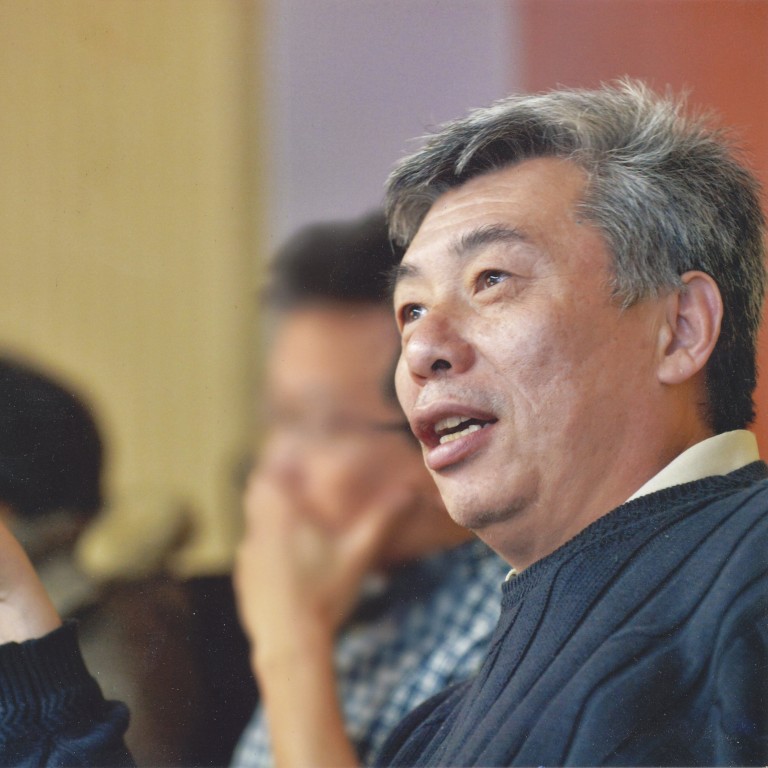
Scientist exiled from US brain research finds well-funded lab in China
- Xiang-Dong Fu, who left California over suspicions about his foreign links, has joined Westlake University in southern China
- Fu, who denies any wrongdoing, said his new lab is well-resourced and his work into Alzheimer’s and Parkinson’s will continue
Xiang-Dong Fu, a Chinese-born US citizen, resigned from the University of California San Diego in December – after 30 years with its school of medicine – in the wake of an investigation into his links with Chinese scientists and institutions.
The UCSD investigation started in 2019, one year after Fu was named a distinguished professor of cellular and molecular medicine. His long-standing research into basic aspects of RNA and its role in diseases led to several breakthroughs.
In 2020, Fu’s team used a gene-editing technique to convert mouse brain cells into neurons, which could be used directly to reverse Parkinson’s – a disease caused by the loss of certain neurons and traditionally treated by preventing the neurons from dying.
Fu claimed he was forced out of his position at UCSD after the investigation found he had violated its conflict of commitment policy which outlines limitations on foreign collaboration.
His lawyer told the San Diego Union-Tribune in December that suspicion had fallen on Fu because some of his papers acknowledged the contributions of Chinese scientists and universities, alongside the US National Institutes of Health (NIH).
Gene editing breakthrough in mice offers Parkinson’s hope
Reimbursements from Chinese institutions for travel expenses between California and China – previously common practice – had also become problematic, the report said. Fu maintained he had never acted inappropriately or illegally.
According to the newspaper, UCSD recommended that Fu be barred from obtaining NIH funds for four years, while a later disciplinary panel recommended that he be suspended for two years.
In an interview this week with Deep Science, a Chinese-language digital science news outlet, Fu acknowledged that “2019 was a very difficult year”.
“Five of my grants worth a total of US$1.5 million were taken away, and my lab was running on only two people. NIH and FBI officials came by from time to time to make surprise inspections,” he said.
US Justice Department ends ‘China Initiative’ amid racial bias concerns
Since joining Westlake University in January, he has received generous resources, including a team of around 10 research assistants to restart his work, but Fu is still fighting legal battles in the US, according to Deep Science.
Fu will start a new lab in Hangzhou, Zhejiang province, where he will continue his work on RNA biology and regenerative medicine, according to the Westlake University website.
His research in China would focus on translational medicine, developing treatments for neurodegenerative diseases such as Alzheimer’s and Parkinson’s, the university said.

